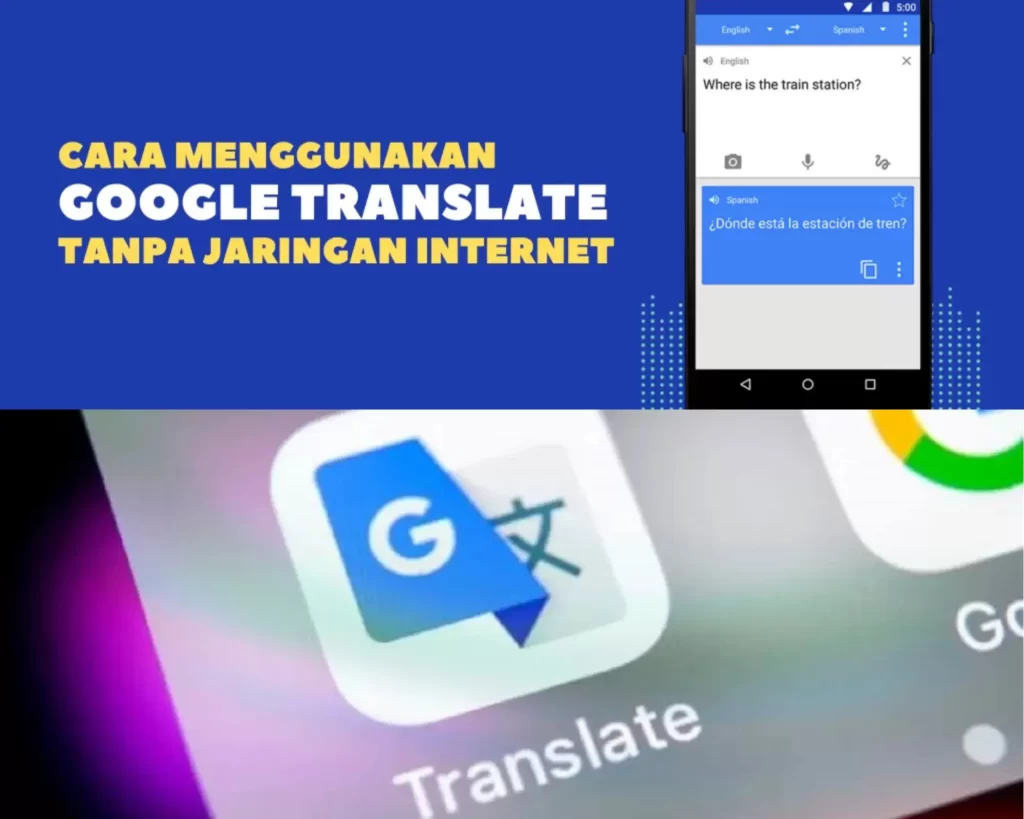Discover the intense battle between search engine giants and stay updated on the latest trends and developments in the ever-evolving world of SEO. Explore key insights, strategies, and competition in this epic clash of search engines.
In the digital age, search engines have become indispensable tools for accessing information and navigating the vast expanse of the internet. Google and Bing, two of the most prominent search engine platforms, rely on advanced artificial intelligence (AI) technologies to deliver relevant search results to their users. In this article, we delve into the battle between Google AI and Bing AI, examining their respective strengths, features, and the impact of their AI capabilities on search engine performance.
Search Algorithms
Both Google and Bing utilize sophisticated search algorithms powered by AI to understand user queries, interpret intent, and deliver accurate search results. Google’s AI algorithms, such as RankBrain and BERT (Bidirectional Encoder Representations from Transformers), analyze the context, semantics, and user behavior to refine search results continuously. Bing, on the other hand, employs its AI capabilities, including Microsoft Cognitive Services, to process natural language, sentiment analysis, and contextual understanding, enabling more precise search results.
Natural Language Processing (NLP)
NLP plays a crucial role in search engine AI, as it enables search engines to understand and process human language effectively. Google’s NLP algorithms excel in understanding complex search queries, deciphering user intent, and providing contextually relevant results. Bing’s AI-powered NLP models focus on contextual understanding, entity recognition, and sentiment analysis, aiming to deliver comprehensive search experiences to users.
User Experience and Interface:
The user experience and interface of a search engine significantly impact user satisfaction and engagement. Google’s AI-driven features, such as featured snippets, knowledge graphs, and predictive suggestions, enhance user experience by providing quick access to information and personalized results. Bing’s AI algorithms also offer rich visual search experiences, entity insights, and integration with Microsoft’s ecosystem, catering to users who prefer a more integrated search experience.
Voice Search and Virtual Assistants:
Voice search and virtual assistants have gained popularity, and both Google and Bing have invested in AI technologies to excel in this domain. Google Assistant, powered by Google’s AI, is widely regarded as a leader in virtual assistants, offering natural language interaction, context awareness, and personalized recommendations. Bing’s AI-driven virtual assistant, Cortana, focuses on personalized assistance, deep integration with Microsoft products, and cross-device capabilities.
Local Search and Maps:
AI capabilities play a vital role in local search and mapping functionalities. Google Maps leverages AI algorithms to provide accurate and real-time information about locations, traffic, and recommendations. Google’s AI also enhances local search results by understanding user intent and delivering location-specific content. Bing Maps utilizes AI technologies to offer features like geocoding, routing, and spatial analysis, catering to users who prefer alternative mapping solutions.
Future Developments and Innovation:
Both Google and Bing continuously invest in AI research and development to enhance their search capabilities. Google’s ongoing efforts in machine learning, natural language understanding, and personalized search experiences contribute to the refinement of its AI-powered algorithms. Bing focuses on leveraging Microsoft’s AI ecosystem, including Azure Cognitive Services and Microsoft Research, to explore advancements in machine learning, computer vision, and natural language processing.
As AI continues to evolve, Google and Bing will continue to push the boundaries of search engine technology, striving to deliver increasingly accurate, relevant, and personalized search results.
Personalization and User Intent:
Both Google and Bing leverage AI to understand user preferences and deliver personalized search results. Google’s AI algorithms analyze user data, search history, and behavior patterns to offer tailored recommendations and personalized search experiences. Bing also incorporates AI to understand user intent and deliver results aligned with individual preferences, focusing on providing a personalized search journey for its users.
Image and Visual Search:
Visual search capabilities have become increasingly important in search engine AI. Google’s AI-powered image recognition algorithms enable users to search for images and find visually similar results. Google Lens, a visual search tool, utilizes AI to analyze images and provide relevant information. Bing, too, incorporates AI for image and visual search, allowing users to search for images using keywords, conduct reverse image searches, and discover related visual content.
Advertising and Monetization:
AI plays a crucial role in the advertising and monetization strategies of both Google and Bing. Google’s AI algorithms power its advertising platform, Google Ads, enabling targeted ad placements based on user behavior, demographics, and search intent. Bing Ads also leverages AI to optimize ad targeting and deliver relevant advertisements to users. AI helps advertisers reach their target audience effectively and improves the monetization potential of search engine platforms.
Data Privacy and Ethical Considerations:
As AI technologies become more prevalent, data privacy and ethical considerations are gaining prominence. Google and Bing both prioritize user privacy and have implemented measures to safeguard user data. Google has focused on enhancing privacy features, such as secure search, encrypted connections, and user control over data. Bing, as part of the Microsoft ecosystem, follows strict privacy guidelines and regulations to protect user information.
Language Support and Localization:
Search engines must cater to users worldwide, supporting different languages and providing localized search experiences. Google’s AI-powered language capabilities enable it to support a wide range of languages, including localized search features and translation services. Bing also provides language support for multiple regions and integrates with Microsoft’s language technologies to deliver accurate and relevant results in diverse linguistic contexts.
Social Integration and Influencer Search:
The integration of social media and influencer content has become increasingly important in search engine AI. Google incorporates social media signals into its search algorithms, leveraging AI to surface relevant social media content and influence search results. Bing also integrates with social media platforms and employs AI to deliver real-time social media updates and provide insights into influential voices and trends.
Conclusion
The battle between Google AI and Bing AI continues to shape the landscape of search engine technologies. Both platforms utilize AI algorithms to enhance search capabilities, personalize user experiences, and leverage emerging technologies like voice search, image recognition, and social integration. As AI progresses, Google and Bing will continue to innovate and compete to provide users with the most accurate, comprehensive, and personalized search experiences. Users can look forward to ongoing advancements and improvements as the AI-driven search engine giants continue to evolve.The battle between Google AI and Bing AI represents a competition for search engine dominance and providing the best possible user experience. Both platforms rely on advanced AI technologies, including search algorithms, natural language processing, voice search, and mapping functionalities. While Google’s AI-driven search capabilities have garnered significant praise and market share, Bing’s integration with the Microsoft ecosystem and its unique features provide an alternative search experience.




